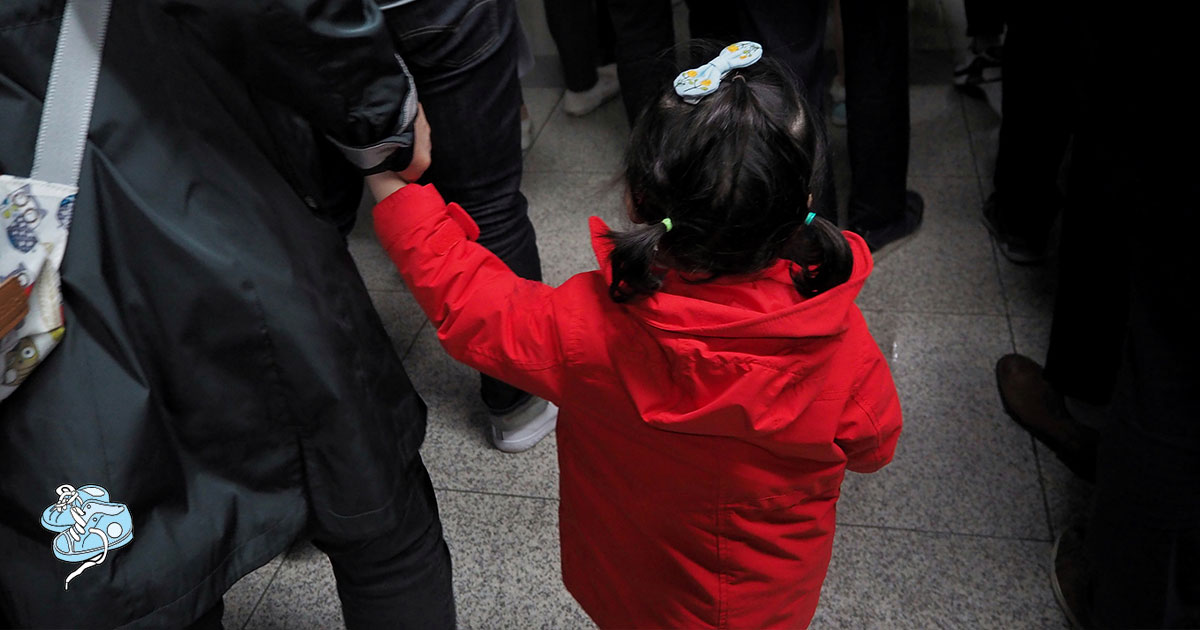
Kidnapping is described as the act of taking or holding a person at a hidden or undisclosed site against their will. This act is a crime and may be done to extort ransom or as part of another crime or it can be done in connection with disputes over child custody.
Kidnapping is classified into two categories under Nebraska law: first-degree and second-degree kidnapping. Nebraska Law R.R.S Neb. S 28-31 states that kidnapping has been committed if a person abducts another or having kidnapped another, he/she continues to restrain the abducted person with the intent to:
- Hold the person for ransom or reward
- Use the person as shield or hostage or
- Terrorize the abducted or a third person
- Commit a felony
- Obstruct the performance of government or any political function.
Under Nebraska Law kidnapping is a Class ׀ felony but in circumstances where the kidnapper voluntarily releases the kidnapped person or if the abducted person is liberated alive with no severe body injuries the kidnapping becomes a Class II felony prior to a trial.
The Uniform Child Abduction Prevention Act describes abduction as the removal or wrongful retention of a child (anyone below the age of 18). The Nebraska parental kidnapping law has the mandate to help prevent child-parent abductions within states or outside the country. If you feel that your child is in danger of being abducted by your fellow parent, you can file a petition in court to seek prevention. The single parent that feels an imminent threat can also ask the court to grant a warrant that may put the child under the physical protection of the police.
If your child has been abducted by a fellow parent, you have legal backing to recover a missing child. The Committee for Missing Children operates free of charge to assist parents with all necessary things that can help them reunite with their children even in circumstances where the child was taken across the border.
Nebraska’s State Patrol acts as the central hub for getting and sharing information about missing persons including children. This information is gathered and shared with law enforcement agencies, public, and private organizations as well as ordinary citizens in Nebraska to assist in finding a missing person. The Committee for Missing Children, Inc. also makes available information that can help parents to find their abducted children and works hand in hand with other agencies and partners to fast-track recovery time. Contact us if you have questions.
Child custody disputes can cause bitterness and can lead to a parental abduction of their own child. Children may be detained or moved from one state to another and in extreme circumstances to another country. Though a parent can’t altogether stop this from happening, in situations where you feel it is necessary to minimize the risk of this happening you can:
- Ask for emergency custody to prevent the other parent from taking the child anywhere within the state or outside without your consent or that of the court.
- In other cases, emergency custody can allow the other parent to visit the child but under supervision.
- If you are seeking custody over the child or children, you can ask the judge to incorporate a travel restriction for the parent with no custody over the child. This provision will hinder the parent from leaving the country with the child without your consent. When the judge has added this provision, you can register in the Prevent Abduction program of the federal government, and this will create a “travel alert” that will prevent the child from boarding a flight without your approval.
- In situations where you feel that the other parent may try to escape the country along with your child, the court can be asked to hold your child’s passport or the passport of the other parent.
The U.S State Department has a Children’s Passport Issuance Alert Program that you can register your child if the child does not have a passport. The program will alert you if the other parent has made a passport application for your child. This can warn you of any impending international travel involving your child.
